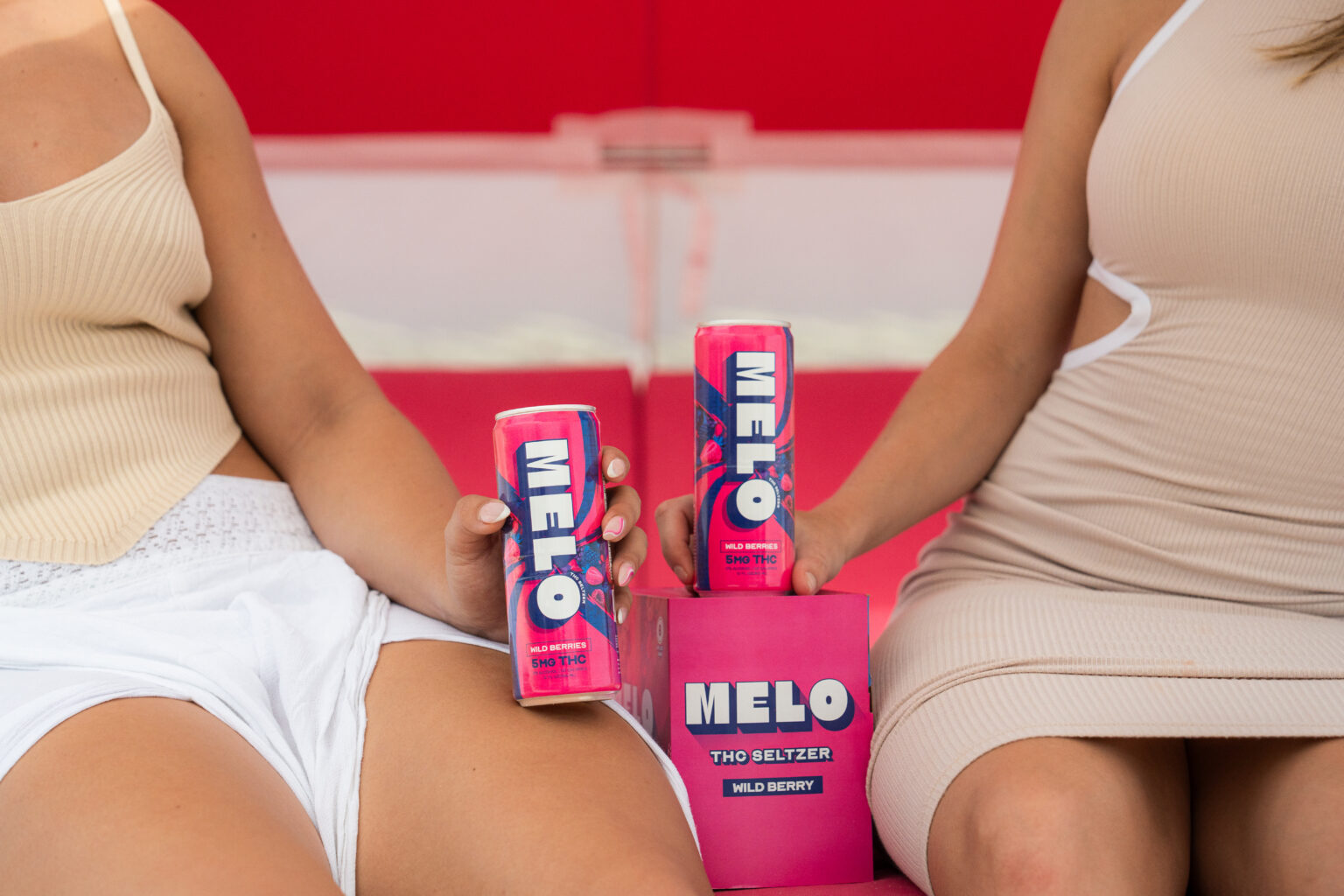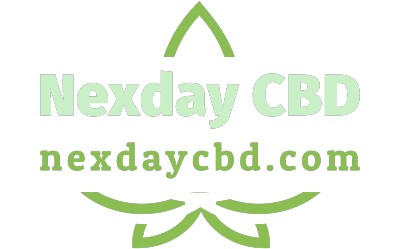Federal Legality
Navigating the legal landscape surrounding cannabis products can be complex, particularly when it comes to emerging forms like THC beverages. Federal law classifies cannabis as a Schedule I substance, making it illegal at the national level. However, individual states have the authority to establish their own regulations regarding cannabis use and sales.

THC as a Schedule I Drug
This federal classification means THC is considered to have a high potential for abuse, no currently accepted medical use in treatment, and lacks accepted safety for use under medical supervision according to the Controlled Substances Act.
Hemp-Derived THC and the 2018 Farm Bill
The 2018 Farm Bill legalized hemp-derived products containing less than 0.3% delta-9 tetrahydrocannabinol (THC). This has led to a surge in hemp-derived THC beverages, creating legal ambiguity as some states have stricter regulations on THC levels than the federal standard.
The legality of THC drinks in specific states is determined by state law and can vary widely. Some states permit the sale of hemp-derived THC beverages with limits on potency, while others prohibit them entirely or only allow them with a medical marijuana card.
State-Level Legalization
Navigating the legal landscape surrounding cannabis products can be complex, particularly when it comes to emerging forms like THC beverages. Federal law classifies cannabis as a Schedule I substance, making it illegal at the national level. However, individual states have the authority to establish their own regulations regarding cannabis use and sales.
States Where THC Drinks Are Legal
The legality of THC drinks is not uniform across the United States. While some states have legalized the sale of both hemp-derived and marijuana-derived THC beverages, others still prohibit them entirely or only allow them with a medical marijuana card. States that have embraced legalization often place limits on THC potency levels in these beverages.

To determine the specific legality of THC drinks in a particular state, it’s essential to consult that state’s laws and regulations. The cannabis landscape is constantly evolving, so staying up-to-date on local rules is crucial.
States With Limited THC Beverage Sales
The legality of THC beverages varies significantly from state to state. Some states have legalized the sale of both hemp-derived and marijuana-derived THC drinks, while others prohibit them entirely or only allow them with a medical marijuana card. States that permit THC beverage sales often impose limits on the amount of THC allowed per serving.
Certain states may allow the sale of hemp-derived THC beverages containing less than 0.3% delta-9 THC, as defined by the 2018 Farm Bill. However, some states have stricter regulations regarding THC levels in beverages, regardless of the source.
It’s crucial to research and understand the specific laws governing THC beverages in each state before purchasing or consuming them.
States Where THC Drinks Remain Illegal
The legal landscape surrounding THC drinks is a patchwork across the United States.
While some states have embraced legalization, allowing both hemp-derived and marijuana-derived THC beverages, others maintain strict prohibitions on their sale.
Some states permit only hemp-derived THC drinks containing less than 0.3% delta-9 THC, as defined by the 2018 Farm Bill, while others have more stringent regulations regarding THC levels.
For those seeking to partake in THC beverages, it is essential to thoroughly research the specific laws and regulations of their state of residence.
Regulations and Restrictions

The legal landscape surrounding cannabis products can be complex, particularly when it comes to emerging forms like THC beverages. Federal law classifies cannabis as a Schedule I substance, making it illegal at the national level. However, individual states have the authority to establish their own regulations regarding cannabis use and sales.
Age Limits
The legality of THC drinks is not uniform across the United States. Some states have legalized the sale of both hemp-derived and marijuana-derived THC beverages, while others still prohibit them entirely or only allow them with a medical marijuana card. States that have embraced legalization often place limits on THC potency levels in these beverages.
To determine the specific legality of THC drinks in a particular state, it’s essential to consult that state’s laws and regulations. The cannabis landscape is constantly evolving, so staying up-to-date on local rules is crucial.
THC Content Limits
Regulations and restrictions surrounding THC content vary significantly across U.S. states. Some states permit the sale of hemp-derived THC beverages with limits on potency, often capped at 0.3% delta-9 THC as defined by the 2018 Farm Bill. Others have stricter regulations, imposing lower THC limits regardless of the source.
States that allow marijuana-derived THC drinks typically have more stringent controls on THC content, often setting maximum limits per serving. These limits are designed to balance consumer access with concerns about potential health risks associated with high THC consumption.
Product Labeling Requirements
Regulations and restrictions surrounding THC beverages vary significantly across U.S. states. Some states permit the sale of hemp-derived THC beverages with limits on potency, often capped at 0.3% delta-9 THC as defined by the 2018 Farm Bill. Others have stricter regulations, imposing lower THC limits regardless of the source.
States that allow marijuana-derived THC drinks typically have more stringent controls on THC content, often setting maximum limits per serving. These limits are designed to balance consumer access with concerns about potential health risks associated with high THC consumption.
Impact of Legalization
The legality of THC beverages is a complex and ever-evolving issue in the United States. While federal law classifies cannabis as a Schedule I substance, individual states have the authority to determine their own regulations regarding cannabis products, including THC drinks. This has led to a patchwork of laws across the country, with some states embracing legalization while others maintain strict prohibitions.
Economic Effects
The economic effects of legalizing THC beverages are multifaceted and complex. Proponents argue that legalization creates new revenue streams through taxes on sales, stimulates job growth in cultivation, production, and retail sectors, and attracts tourism to cannabis-friendly destinations. Additionally, it can reduce the burden on law enforcement resources by diverting them from marijuana-related offenses.
However, opponents express concerns about potential negative consequences. These include increased accessibility for youth, possible rise in impaired driving accidents, and the diversion of resources away from other social programs.
The long-term economic impact of legalization remains a subject of ongoing debate and research.
Public Health Considerations
The legality of THC beverages varies widely across the United States. Federal law classifies cannabis as a Schedule I substance, making it illegal at the national level. However, individual states have the authority to determine their own regulations regarding cannabis products, including THC drinks.
This has resulted in a patchwork of laws across the country, with some states permitting both hemp-derived and marijuana-derived THC beverages, while others prohibit them entirely or only allow them with a medical marijuana card. States that allow THC beverage sales often set limits on the amount of THC permitted per serving.
Determining the legality of THC drinks in a specific state requires consulting that state’s laws and regulations as the landscape is constantly evolving.
The legalization of THC beverages raises several public health considerations. One concern is the potential for increased use, particularly among young people who may be more vulnerable to the psychoactive effects of THC.
Another concern is the risk of impaired driving, as THC can impair cognitive function and reaction time.
Additionally, there are questions about the long-term health effects of consuming THC beverages, particularly regarding potential impacts on brain development in adolescents and the possibility of dependence.
It’s important to note that research on the public health effects of THC beverages is ongoing, and more data is needed to fully understand the risks and benefits.
Try cannabis seltzers infused with premium-quality extracts
- Why Are My 11 Lines So Bad? - November 9, 2025
- What Is Tear Trough Filler Used For - November 7, 2025
- Weed Infused Mocktails For Every Mood - November 5, 2025
